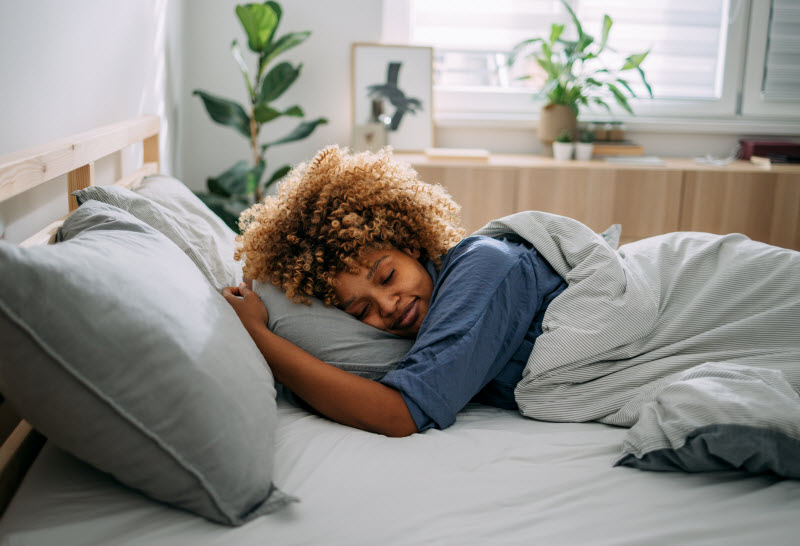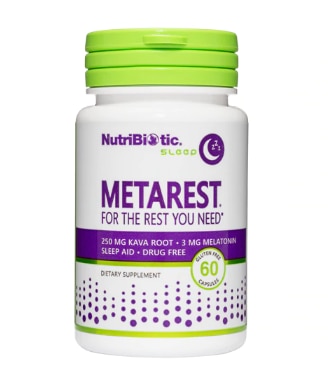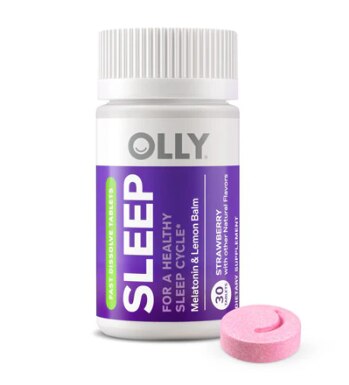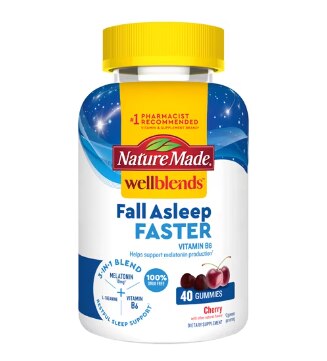Researchers have issued a fresh wake-up call regarding the contents of melatonin gummies — a product that many Americans rely on as a sleep aid. Critics are pushing back on the findings.
A research paper published in April 2023 in the journal JAMA reported that 22 of 25 melatonin gummy products analyzed didn’t contain the amounts of melatonin that were shown on the labels. The differences generally ranged from 74% to 347% of the listed amount of melatonin. One product had no measurable amount of melatonin.
The researchers raise concerns about these discrepancies about the content of melatonin gummies might harm children.
Before the COVID-19 pandemic, melatonin was used by an estimated 1.3% of U.S. children, most for sleep, stress and relaxation purposes, the researchers note. During the pandemic, melatonin use among kids went up. The research paper cites statistics indicating that calls to U.S. poison control centers about ingestion of melatonin by kids soared 530% from 2012 to 2021 and were tied to 27,795 ER and clinic visits, 4,097 hospital stays, 287 ICU admissions and two deaths.
The Council for Responsible Nutrition, a trade association for the dietary supplement industry, calls the JAMA paper into question. In a statement, the group says the researchers “raises unnecessary concern about these products” and demonstrate “a complete lack of understanding” of federal requirements for dietary supplements as well the safety of melatonin use among people of all ages.
“This report does a complete disservice to a safe product when it is used according to manufacturer’s instructions,” says Steve Mister, president and CEO of the Council for Responsible Nutrition.
It’s worth noting that the U.S. Food and Drug Administration (FDA) does not regulate the safety or effectiveness of dietary supplements like melatonin gummies.
What are the benefits of melatonin?
The JAMA research paper may plant doubts about the safety of melatonin supplements. But are those doubts justified?
As the Cleveland Clinic explains, melatonin is a natural hormone produced at night by the brain’s pineal gland. It helps manage your sleep-wake cycle and circadian rhythms. These rhythms control your 24-hour sleep-wake cycle.
The National Institutes of Health (NIH) says melatonin supplements may ease certain conditions, including jet lag, delayed sleep-wake phase disorder, some kids’ sleep disorders, and pre-and post-surgery anxiety. However, the federal agency suggests there’s not enough evidence about the safety or effectiveness of melatonin supplements to support taking them for treatment of chronic insomnia.
“Melatonin is generally safe for short-term use. Unlike with many sleep medications, with melatonin you are unlikely to become dependent on it, have less response to it after repeated use or experience a hangover effect,” says the Mayo Clinic.
The NIH points out, though, that information about the long-term safety of melatonin supplements is lacking.
Is melatonin safe for kids?
Health experts say melatonin is safe for kids as long as the dosage is appropriate. However, the American Academy of Pediatrics recommends consulting your child’s doctor before giving melatonin supplement to them.
“Melatonin may be a short-term way to help some kids get rest while you keep trying to establish good bedtime routines. It may also help some older children and teens reset sleep schedules ― such as after vacations, summer breaks or other interruptions,” says the academy.
The pediatrics group says many children will respond to a melatonin dose of 0.5 mg or 1 mg when it’s taken 30 to 90 minutes before bedtime. Most kids who benefit from melatonin supplements don’t require doses of more than 3 to 6 mg.
What are alternatives to melatonin for kids?
The American Academy of Sleep Medicine suggests that rather than automatically giving melatonin supplements to a sleep-challenged child, parents should encourage development of good sleep habits. These include establishing regular bedtimes and wake-up times, creating a bedtime routine and limiting screen time before going to sleep.
What are alternatives to melatonin for adults?
Aside from melatonin, what else can adults (or perhaps even kids) try to help them sleep? Among the options are:
Lavender
The Children’s Hospital of Philadelphia says lavender aromatherapy with essential oils is considered safe and effective for anyone over the age of 3. Research suggests lavender can calm the nervous system and boost melatonin levels. Side effects of lavender oil, derived from an herb, may include skin irritation and allergic reaction.†
Valerian
While more research is needed, valerian (an herb available as a supplement) appears to help people fall asleep faster, sleep better and wake up less often, the Sleep Foundation says.† According to the foundation, valerian is generally considered safe for adults. It also may be safe for children over age 3. Mild side effects may include headache, dizziness, itching and upset stomach.†
Chamomile
Little research has been done about the effectiveness of chamomile (an herb available as a supplement) in aiding sleep. But it may help soothe anxiety and improve sleep quality, according to the Sleep Foundation.† Short-term, moderate use of chamomile is generally safe for adults. It’s also considered safe for children 1 or older, at least in the form of tea. Possible side effects include mild nausea or dizziness along with allergic reactions.†
Passionflower
Passionflower might improve sleep quality, the Sleep Foundation says, and make it easier to fall asleep and stay asleep.† In recommended doses for short-term use, passionflower is generally viewed as safe for adults. Children over age 3 should be given passionflower only under a doctor’s supervision. Side effects may include drowsiness, confusion and uncoordinated movement, says the National Center for Complementary and Integrative Health.
†These statements have not been approved by the Food and Drug Administration. These products are not intended to diagnose, treat, cure or prevent disease.




